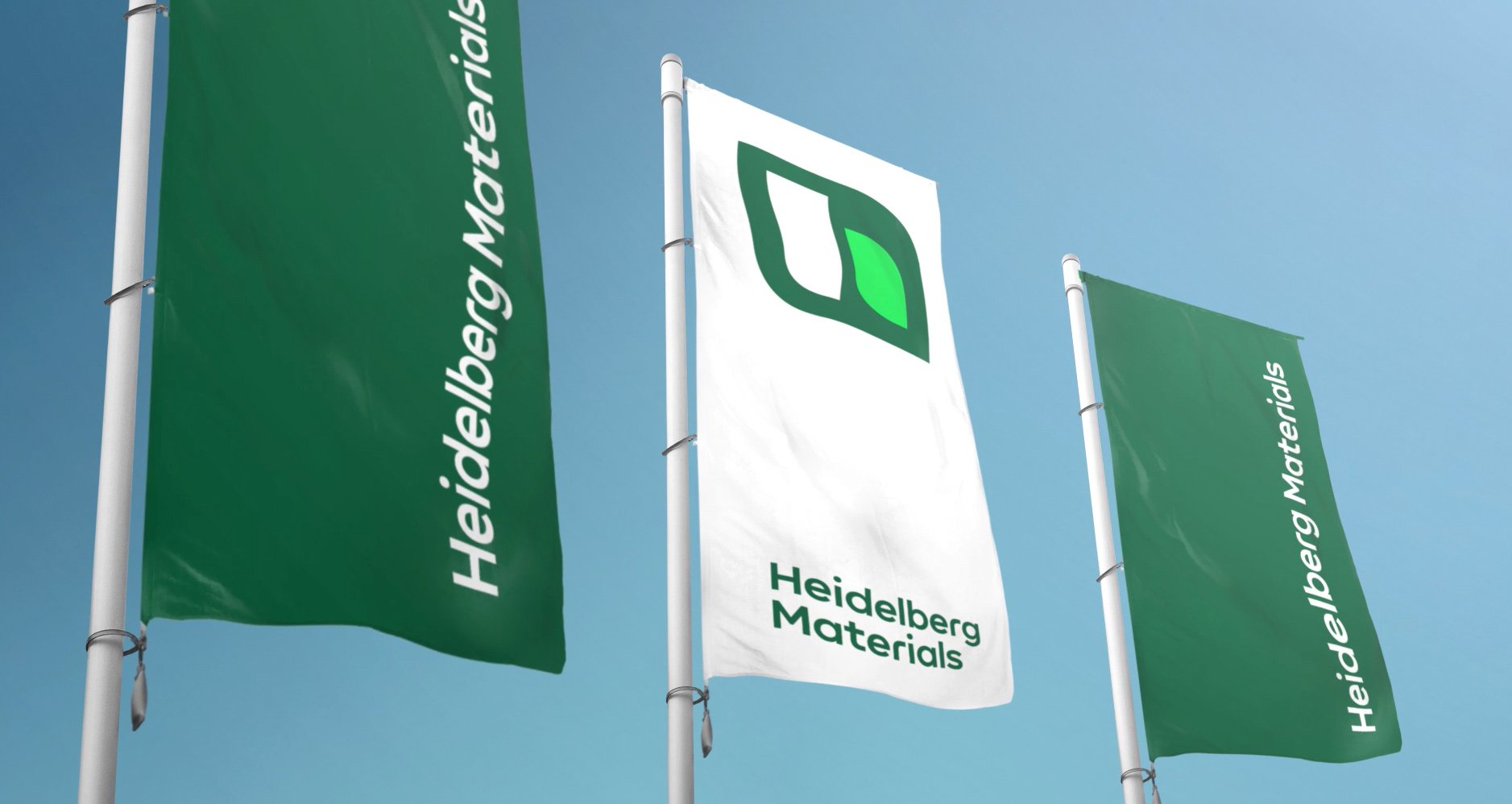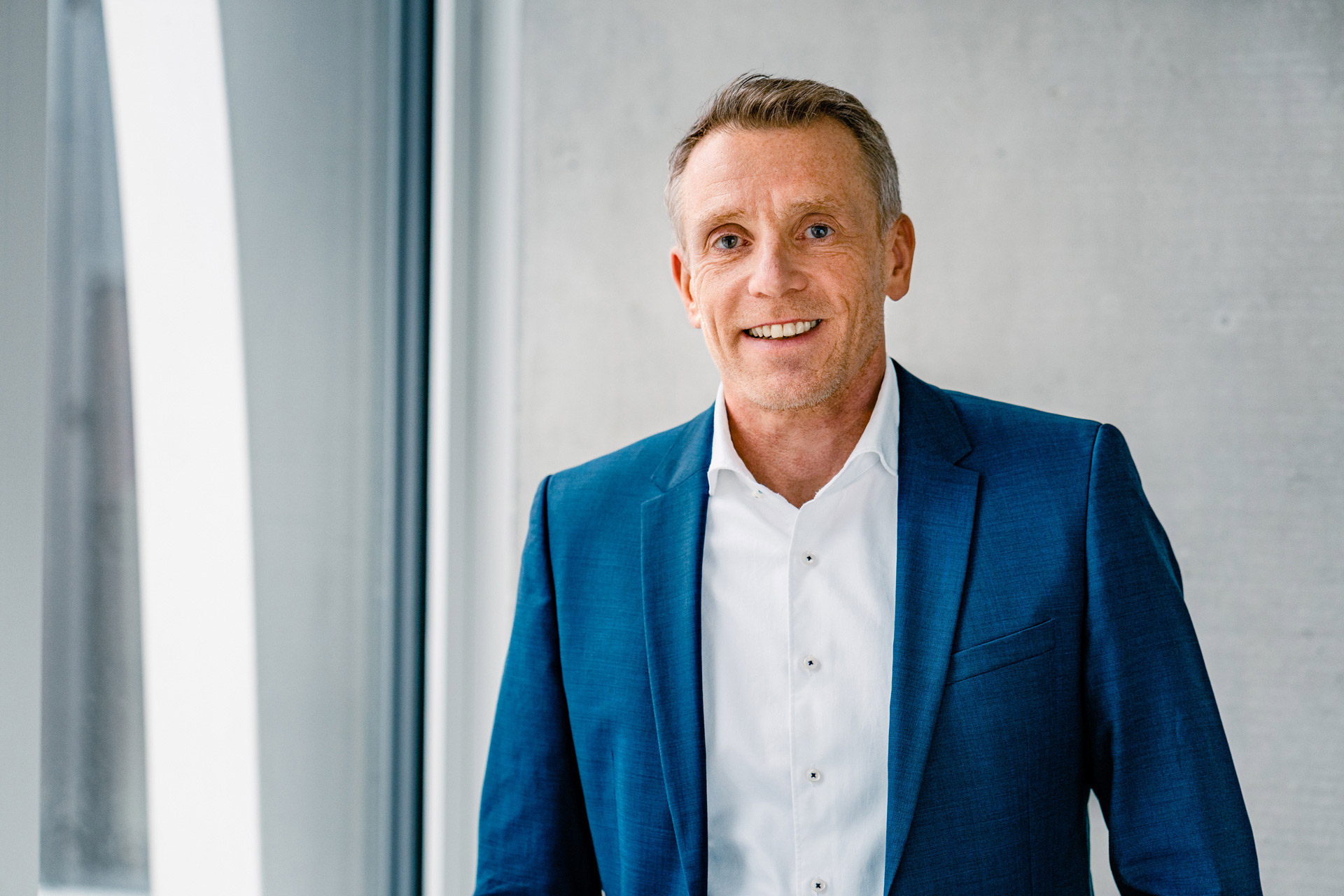Waste as a resource
The Kakanj cement plant in Bosnia and Herzegovina, owned equally by HeidelbergCement AG and Schwenk KG, has launched a game-changing effort to use industrial and municipal waste as an alternative fuel for cement production. It will take the form of a public-private partnership with Deutsche Gesellschaft für Internationale Zusammenarbeit (GIZ). Through this project, the plant is doing its part in the country's drive to establish a circular economy based on the EU model.
In recent years, Bosnia and Herzegovina has taken advantage of support from the World Bank, the European Bank for Reconstruction and Development, and other funding institutions, to bring its waste disposal sites up to western standards, eliminate wild dumping and open the country's first sorting system as well as waste separation. The next step is transition to a circular economy.
In the first year, cooperation between the Kakanj plant and GIZ is centred around knowledge transfer. The focus over the two following years will be on waste management practice – from waste collection, to separation and sorting, to recycling. This will also help to create new jobs in the region.
The plant itself has already begun with preparations. There have been training seminars held, kiln measurements taken and action plans initiated with the help of experts from HeidelbergCement Technology Center. Some of these steps have been completed. The plant began as early as mid-2015 to conduct tests using old tyres, as well as obtaining permits and measuring emissions.
Going forward, a filling and dosing station will be installed at the main burner, with the help of which, sorted batches of industrial and municipal solid waste can be added to the fuel mix. For initial testing, the plant will be using alternative fuels from neighbouring Croatia. By the end of the partnership with GIZ in 2018, all systems and logistics should already be in place to source materials domestically.
For HeidelbergCement, this is another important step toward reducing the use of fossil fuels in cement production and minimising CO2 emissions.

Employee training on the use of alternative fuels, Bosnia und Herzegovina.
Heidelberg Materials

Testing the use of old tires, Bosnia and Herzegovina.
HeidelbergCement

Employee training on the use of alternative fuels, Bosnia und Herzegovina.
Heidelberg Materials

Testing the use of old tires, Bosnia and Herzegovina.
HeidelbergCement

